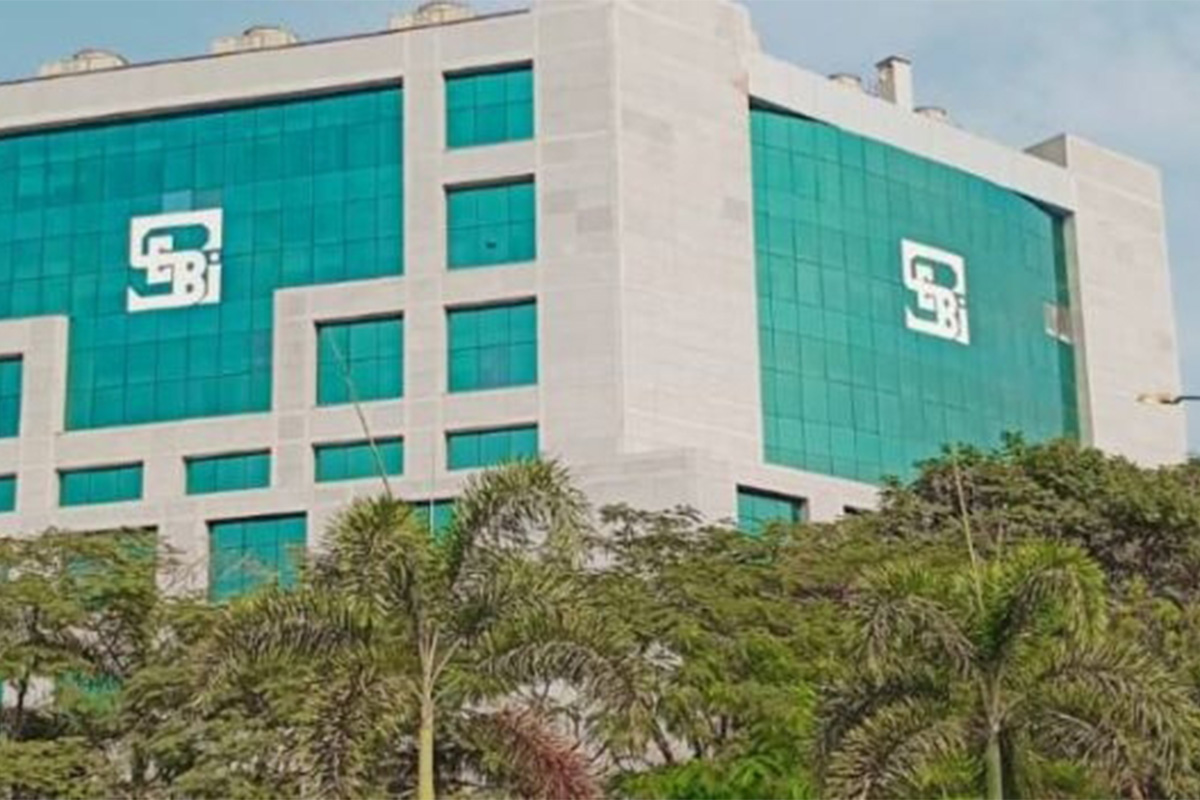SEBI issues settlement order to Utkarsh Small Finance Bank
The Securities and Exchange Board of India (SEBI) has issued a settlement order to Utkarsh Small Finance Bank upon the payment of Rs 1.24 crore by the lender.
Under the current Delisting Regulations, the price discovery is set by the public shareholders and the acquirer is given the right to reject the price and also make a counter-offer.

(Photo: IANS)
The Securities and Exchange Board of India (SEBI) is considering coming up with a new framework for delisting after an open offer is made.
As per the current norms, a mandatory open offer of 26 per cent is required for acquisition of shares held by all shareholders other than the acquirer, if the acquirer has agreed to acquire shares representing an entitlement to vote (25 per cent or more), or control over a listed company.
Upon such acquisition, the acquirer may possibly cross 75 per cent, which is the current maximum non-public shareholding under law. Further, rules stipulate a minimum public shareholding of 25 per cent for all listed companies and if this limit is breached, the non-public shareholding has to be brought down to 75 per cent within a year.
Advertisement
Also, in case the acquirer intends to dilute the stake, the promoter holding would first have to be brought down to 75 per cent and then would have to be to be increased to 90 per cent.
As per a Sub-Group of the SEBI’s Primary Market Advisory Committee (PMAC), the consecutive flow of public transactions would also confuse investors in the secondary market who need not already be shareholders in the listed company, with an offer to buy their shares, followed by an offer to sell shares to them, and then an offer to buy their shares.
“Such directionally contradictory transactions in a sequence pose complexity in the takeover of listed companies and dissuade an incoming acquirer from seeking to acquire control over listed companies,” said the report of the Sub-Group.
The panel noted that there is indeed a need to streamline the operation of the Takeover Regulations, the SCRR and the Delisting Regulations. However, in the course of streamlining, one must not compromise on balancing competing interests, the report noted.
The discovery of price for delisting (which is arrived under the reverse book building process) is the public shareholders’ right and that right can be suitably addressed since shareholders would retain the right to accept or reject the offer price by tendering or refraining from tendering their shares under the open offer.
Under the current Delisting Regulations, the price discovery is set by the public shareholders and the acquirer is given the right to reject the price and also make a counter-offer.
“A new streamlined framework is proposed below for being availed of in situations of change in control (whether completely or from sole to joint) with the entry of new incoming acquirers. Such open offers involving a new incoming acquirer may avail of this framework whereby public shareholders may respond to the open offer and agree to delisting in a unified single process.”
In such a framework, the acquirer must stipulate the higher price that she is willing to pay for delisting and the public shareholders get to reject it if they dislike it.
“The group believes that the aforesaid framework provides a right balance between retaining all the regulatory objectives involved in open offers under the Takeover Regulations and well as Delisting Regulations, making it easier and more logical for acquirers to transact without compromising the substantive rights of public shareholders,” it said.
It was also clarified for the avoidance of any doubt that the aforesaid framework is only available in the case of open offers under the Takeover Regulations for an incoming acquirer that is seeking to acquire sole or joint control, the discussion paper said.
The capital market regulator has sought comments on the proposed norms by July 16.
Advertisement